However, behind the halo of those sparkling photos lies a worrying reality. The “virtual lifestyle” is leading many young people into a spiral of ostentatious consumption, spending beyond their means and, more seriously, gradually losing their true self-worth.

Although her monthly income is only about 10 million VND, Ms. Dang Phuong Anh (30 years old, living in Bo De ward) often spends twice as much thanks to her credit card. Clothes, cosmetics, accessories, etc. are constantly ordered online. Many items are only used once and then left in the corner, but they continue to be bought as a habit that is hard to break, making her room increasingly cramped.
This situation is no longer unique. It is not difficult to see on social networks images of young people, students, and pupils wearing branded shirts, holding new phones, luxury handbags, eating at expensive restaurants, and then showing off photos with flashy status lines. Owning expensive items has now become a tool to assert one's status.
Nguyen Tuan Anh, a student at a university in Hanoi, frankly shared: "I always like the feeling of standing out from the crowd thanks to shoes, glasses or backpacks from big brands in the world ."
From “living a virtual life” to get attention, many young people have put pressure on themselves to constantly show off through images, branded goods, and expenses that exceed their income. Many people also borrow money, buy on installments, or depend entirely on their parents’ finances.
Economists say that about 90% of young Vietnamese people do not have the habit of saving. Most of them cannot distinguish the boundary between “essential needs” and “temporary desires”. Especially in the context of online shopping services, consumer credit boom, slogans of “0% interest rate”, “spend now, pay later” make it easier for young people to fall into the trap of uncontrolled spending.
The consequences of wasteful consumption are not only financial. When young people evaluate themselves based on the value of the things they own instead of their real abilities, they easily lose themselves and live dependent on “virtual” recognition. According to Dr. Le Ngoc Mai, a sociologist, this is a manifestation of a hedonistic, selfish and insensitive lifestyle.
“When young people only care about themselves without thinking about their family or community, they will lose their responsibility to their family and society, especially their responsibility to their parents - who are struggling to bear the financial consequences of their children's uncontrolled consumption,” said Dr. Le Ngoc Mai.
This expert also mentioned a deep-rooted cause that cannot be ignored: the role of the family. Many parents, not wanting their children to suffer, do their best to ensure that their children “lack nothing”. This causes many young people to grow up without understanding the value of money, and take their parents’ spending money for granted.
To prevent the wave of wasteful consumption and "virtual living" spreading among young people, experts say that parents need to be the pioneers in making changes. Parents should be role models for a frugal lifestyle and not spend lavishly. Children need to be taught that money is the result of labor. Giving pocket money with a plan or making a weekly spending table with children... are all simple but effective methods for children to learn how to manage their finances. In addition, encouraging children to participate in part-time jobs, social activities, volunteering or planning their own spending for trips are also vivid financial lessons, helping children understand the value of labor and appreciate money.
On a broader scale, schools also need to incorporate personal finance education into their curriculum. Because if young people do not understand how to manage money, no matter how good they are at studying, they can easily be defeated in the increasingly sophisticated and fierce consumer spiral. Living frugally and not wasting money is also a practical action to contribute to building a civilized and sustainable society in the digital age.
Source: https://hanoimoi.vn/lang-phi-vo-hinh-tu-loi-song-ao-714438.html



![[Photo] Hanoi is ready to serve the occasion of the 80th National Day Celebration on September 2nd](https://vphoto.vietnam.vn/thumb/1200x675/vietnam/resource/IMAGE/2025/8/29/c838ac82931a4ab9ba58119b5e2c5ffe)





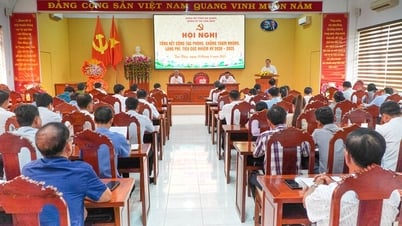

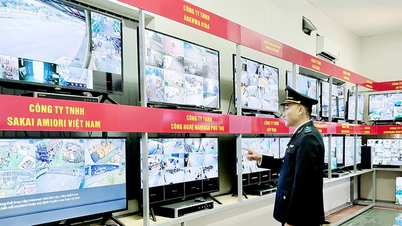





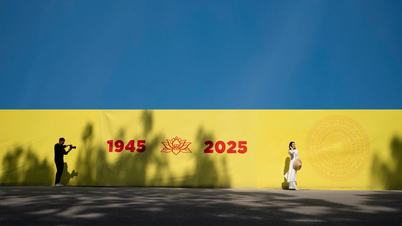



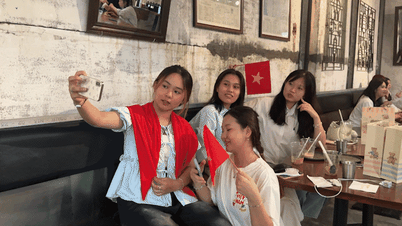

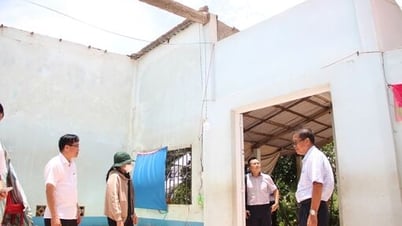

















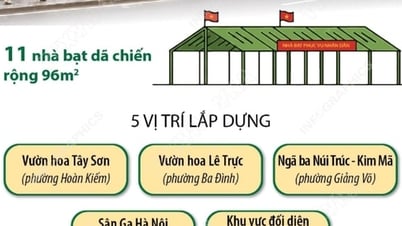














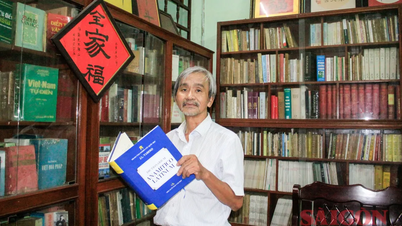














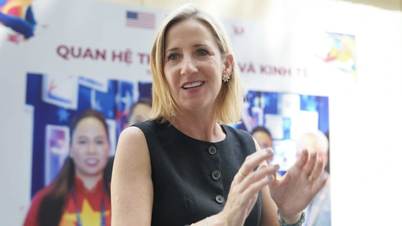





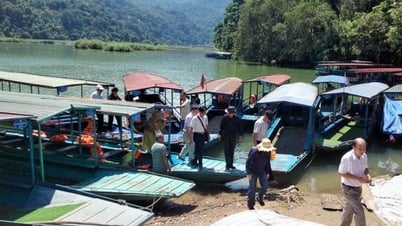







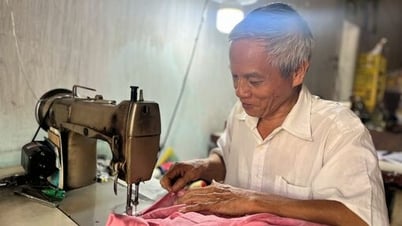






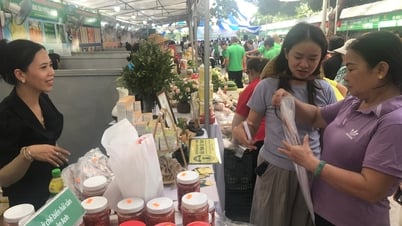







Comment (0)